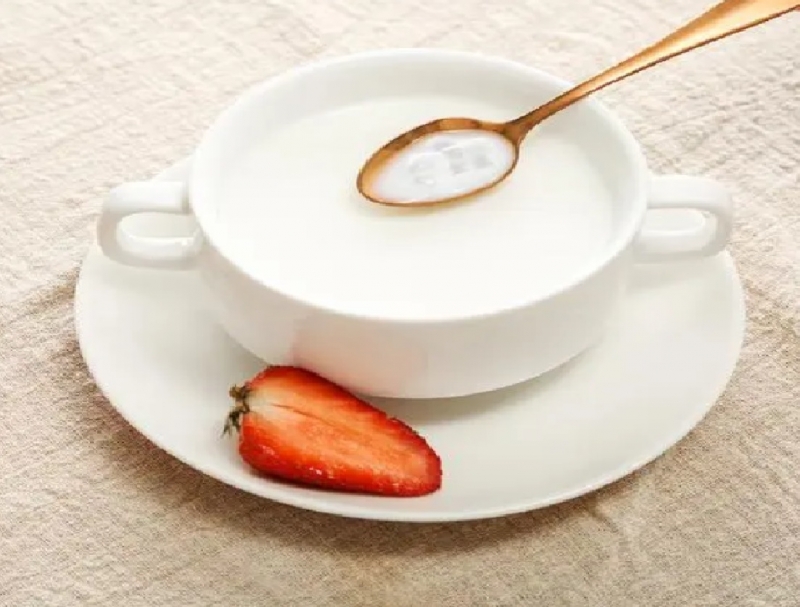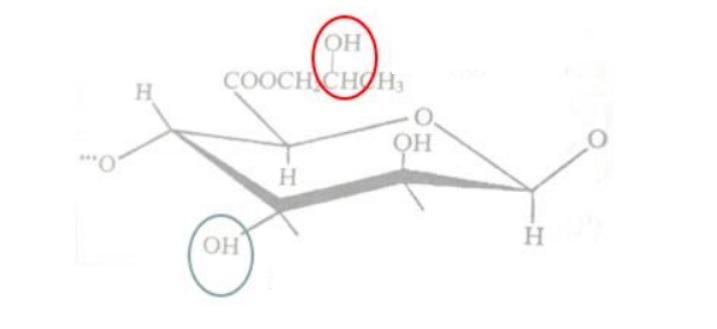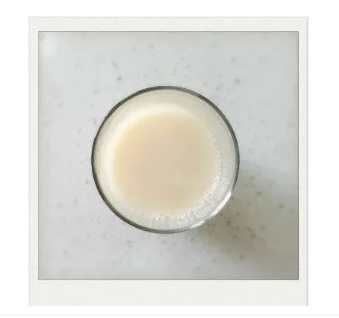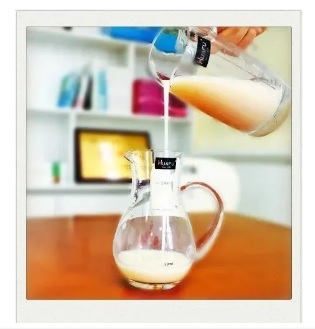
Propylene glycol alginate uses in milk drinks
Alginic acid is a kind of natural polymer polysaccharide extracted from deep sea brown algae such as kelp and brown seaweed, it is an excellent food additive. Propylene Glycol Alginate is esitized derivatives obtained after reaction of alginic acid and epoxy oxide, also known as PGA, is a deep -processed product of alginic acid, has a series of unique use effects. The alginate (PGA) is made of deep processing of alginic acid extracted from natural seaweed. Owing to its molecular structure with both hydrophilicity and oil -friendly groups, and it is a product with a pH of 3 to 4, compared with the traditional sodium salts of alginic acid, PGA has stronger emulsification, stabilization and acid resistance, which have a good effect in applying in dairy products and beverages.

In the beverage field, the juice is easy to layered, often the upper layer is clear and transparent, and the bottom layer is a thick pulp to precipitate. Adding a small amount of PGA to the juice can improve the stability of the flesh. Studies have found that PGA can also play a stable role in the oil components in the juice. This stability mainly lies in PGA's good emulsification.

Based on its acid resistance, PGA can be used in acidic drinks and milk -containing beverages. It can form a complex with dairy protein, wrap the protein, play a role in a stable emulsification system, prevent emulsion condensate and prevent drinks layout during the shelf life.

With the improvement of people's consumption level, the type of demand for beverages is changing from hobby to nutritional health. The development of high -quality dairy beverages has a great market potential and high social benefits. Alginic acid and its derivatives can be used as thickeners, suspenders, and stabilizers, and they will shine in the dairy industry.
